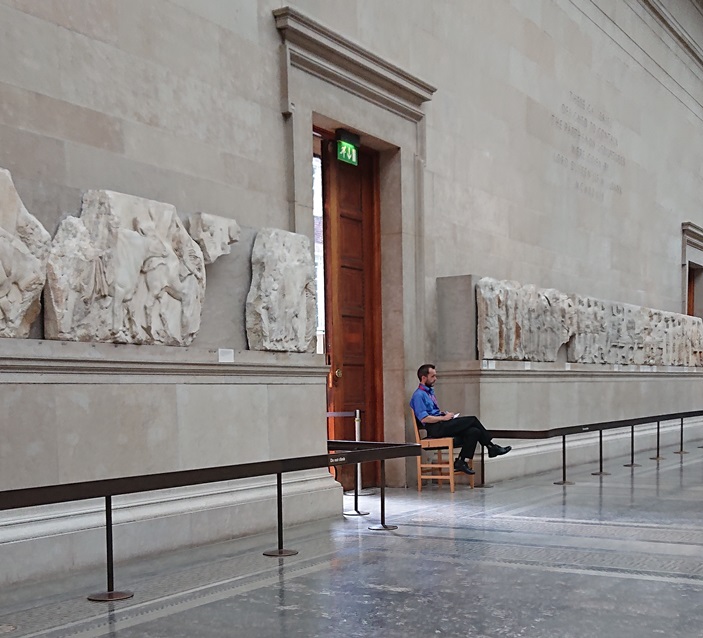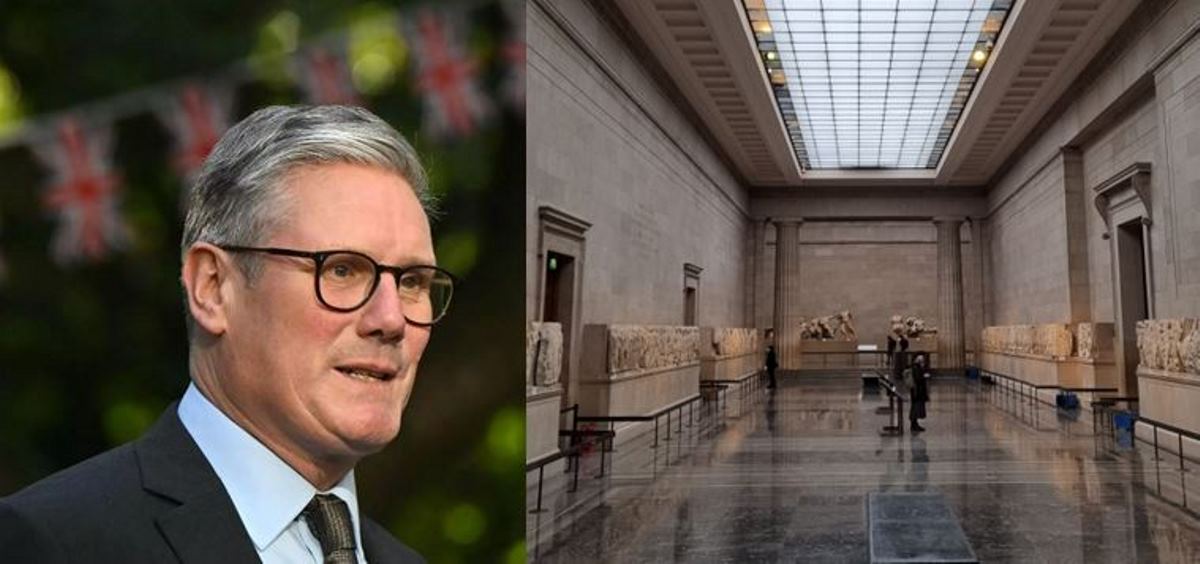In the past, that has been considered sufficient justification by the British Museum for it to reject any requests for their return. When you add the facts that Egyptian museums have been less secure, and that had the marbles remained in position on the Parthenon they would have decomposed in the atmospheric pollution so as no longer to be recognisable, then most rational people would have supported that position.
The situation has changed, however, gradually with the passage of time; Egypt and Greece are now perfectly capable of providing dedicated, secure environments using the latest technology to preserve these artifacts intact. And it is now possible to produce close-to-perfect copies that could be put in place of the originals in the British Museum, so that the experience of the visitor would in no way be diminished.
The time has come when the British Museum should recognise the change in relative status between Britain and the rest of the world. We are no longer the imperial masters and increasingly need to build constructive working relationships as between equals. We can no longer demand and bully, but must request politely that others join with us in collaborative ventures against terrorism and other global threats.
These artifacts are of immense cultural significance to Egypt and Greece. To return them would not require any admission of legal title, or of any past wrongdoing, but would simply be a gesture of goodwill. They would be very well received (perhaps an understatement of the response that should be expected), and it would reflect well on Britain that we didn't have to give them back, but chose to do so anyway.





Comments powered by CComment